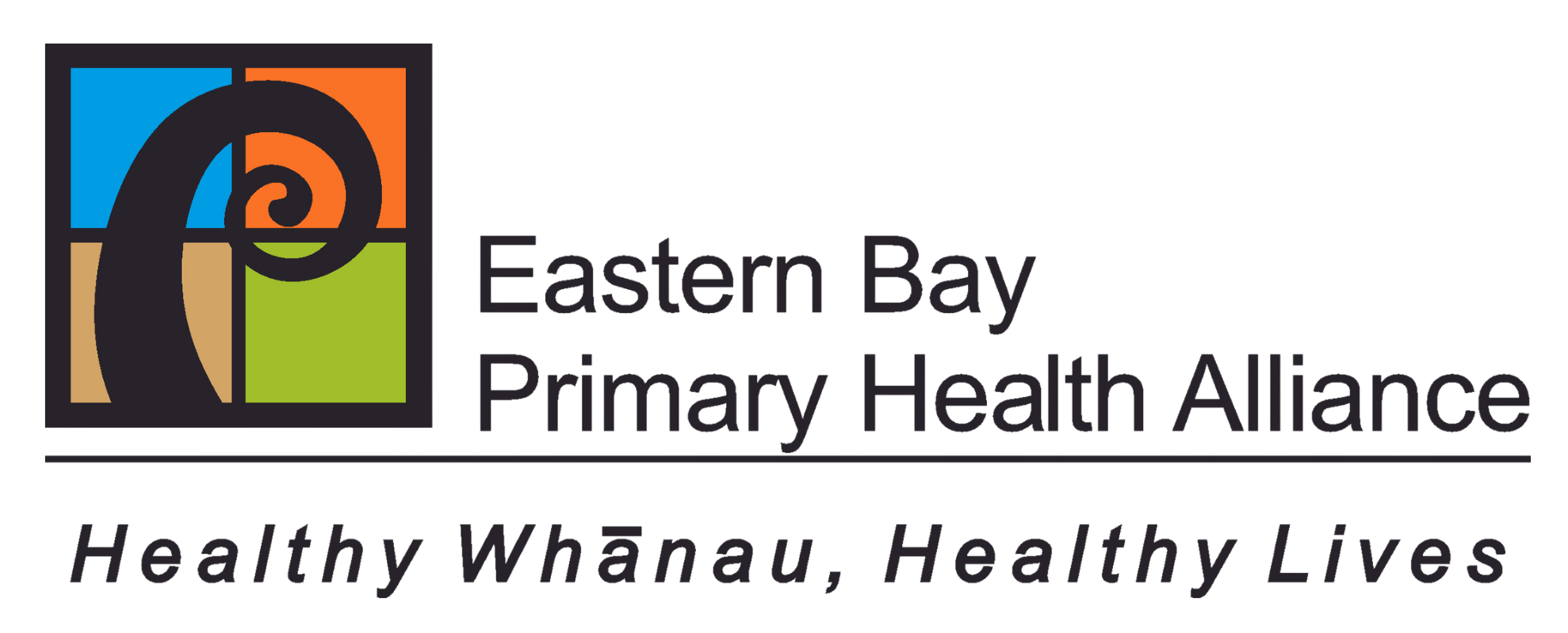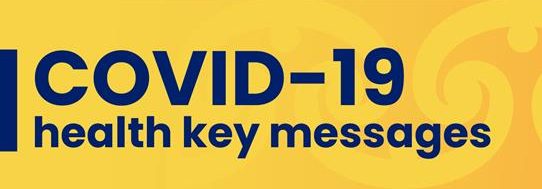This newsletter provides approved key messages from Manatū Hauora – Ministry of Health and Te Whatu Ora – Health New Zealand on COVID-19, and in this issue, on Meningococcal B and Pertussis.
In today’s issue:
- Current COVID-19 case data
- Pfizer bivalent vaccine
- Position statements on Molnupiravir and Evusheld
- Mask wearing in healthcare settings
- Meningococcal B funded access expanded
- Pertussis reminder – vaccination and diagnosis
- Other updates, media releases and news
Current COVID-19 case data
In the week to 5 March 2023 there were:
- 11,453 new COVID-19 cases reported, an average of 1,632 a day.
- Of these cases reported, 4,811 were reinfections, and of those 257 were reinfection within 90 days of a previous infection.
- 177 COVID-19 cases were in hospital, with 1 case in ICU.
- 6 people had died, 6 with COVID-19 as underlying, and 0 with COVID-19 as contributory.
Pfizer bivalent vaccine
The Pfizer COVID-19 bivalent vaccine is now available to New Zealanders as a booster dose. This replaces the existing Pfizer booster and is considered likely to be more effective against Omicron subvariants than earlier vaccines.
People who are not currently up to date with their boosters are now being offered the new bivalent booster.
From 1 April, an additional booster will be made available to:
- anyone aged 30 and over who has completed a primary course, as long as it’s been at least 6 months since their last COVID-19 booster or positive COVID-19 test.
- people at increased risk of severe illness from COVID-19 who have completed a primary course, as long as it’s been at least 6 months since their last COVID-19 booster or positive COVID-19 test.
Position statements on Molnupiravir and Evusheld
Position statements on Molnupiravir and Evusheld have been published on 3 March 2023.
Mask wearing in healthcare settings
Mask-wearing in healthcare settings remains an important measure in preventing transmission of respiratory viruses.
Read the updated infection prevention and control guidance that informs mask use for all employees, volunteers and contractors of healthcare facilities, and patients/clients and visitors of healthcare settings below.
Testing and Supply case studies
Te Whatu Ora has published two volumes of case studies which summarise the Testing and Supply team’s work to improve equitable outcomes for priority populations.
The team’s primary objective has been to strengthen and resource community providers and their networks. Working with these providers has enabled better support for vulnerable communities.
These practical examples of equity in action will generate ideas for health professionals and government agencies looking to put principles of equity into practice when working with NGOs, communities, and stakeholders.
Meningococcal B funded access expanded
- Access to the meningococcal B vaccine has been expanded for children aged under five years old providing better protection against meningococcal disease.
- The meningococcal B vaccine is funded for all babies aged 12 months and under.
- A free catch-up programme is available until 31 August 2025 for all other tamariki aged under five years old.
- Expanded access for people aged 13 to 25 in specified close-living situations.
- People aged between 13 and 25, in their first year living in boarding school hostels, tertiary education halls of residence, military barracks, or correctional facilities are also eligible for funded meningococcal B vaccine.
- A free catch-up programme is available until 28 February 2024 for all people aged 13-25 currently living in boarding schools, university hostels, military barracks, or correctional facilities.
Pertussis reminder – vaccination and diagnosis
Te Whatu Ora is encouraging healthcare providers to be alert to the symptoms of whooping cough and to encourage immunisation due to concerns about potential underlying community spread.
People are being reminded to make sure tamariki, their caregivers and pregnant people are immunised against the illness. This comes following the recent tragic deaths of two people from whooping cough.
In New Zealand the first infant vaccination opportunity is the six-weeks immunisation event. This means un-immunised infants and those under six weeks old are most vulnerable to pertussis. Increasing antenatal pertussis vaccination provides protection for newborns too young to be immunised.
Free antenatal pertussis vaccination, with Boostrix, is available from general practice and also through many pharmacies across New Zealand. It can be given from the second trimester of every pregnancy and is recommended to have from 16 weeks, but at least 2 weeks before birth.
Pertussis is serious in very young children – during the last outbreak from October 2017 to May 2019, 50% of children with pertussis, who were aged under 1 year old, required hospitalisation.
Health professionals can view the whooping cough pathway on their local HealthPathways site for information.
Latest updates, media releases and news
- Weekly COVID-19 Trends and Insight report
- COVID-19 Immunisation Policy update
- Operating guidelines update
- Clinical management of COVID-19 in hospitalised adults updated
- CV TAG memos 3 and 10 February uploaded
- Pharmac confirms widened access for the funded flu vaccine
- Medsafe encouraging reporting related to mpox vaccine
Unite against COVID-19 website
Visit covid19.govt.nz for further guidance on COVID-19. There is also a range of resources tailored for different groups, such as translations and alternate formats.
COVID-19 Āwhina app
Āwhina is the best way to stay up to date with the latest information for the health and disability sector. You’ll get the regular notifications to your phone.
Sourced from Ministry of Health New Zealand

